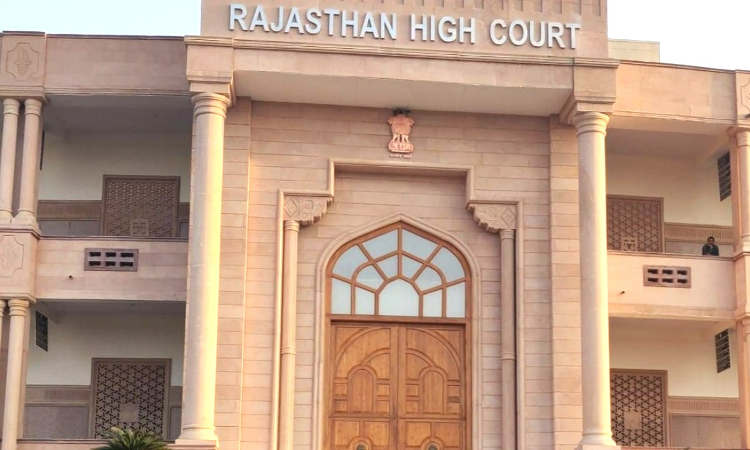Mere Transcripts Not Proof Of Voice In Tape-Records: Rajasthan High Court Reiterates
Nupur Agrawal
3 Sept 2024 10:15 AM IST

Next Story
3 Sept 2024 10:15 AM IST
The Rajasthan High Court has reiterated that mere transcript of a tape record is not proof that the voice so recorded is of the accused.The bench of Justice Birendra Kumar referred to the Apex Court decision in Ziyauddin Burhanuddin Bukhari v Brijmohan Ramdass Mehra & Ors. where it was held that the tape records of speeches fall under the category of “Documents” under the Indian...
